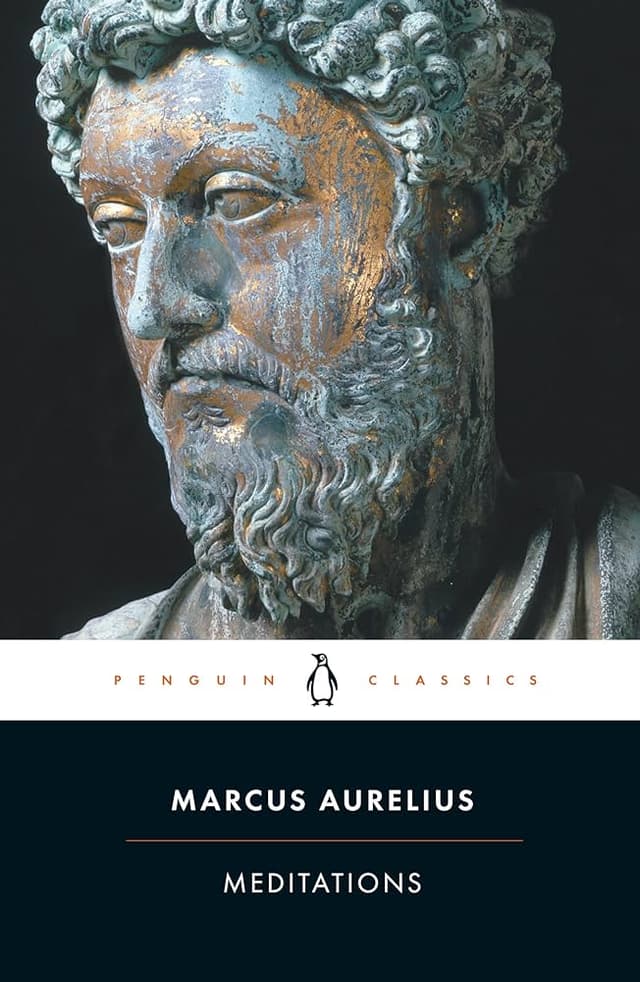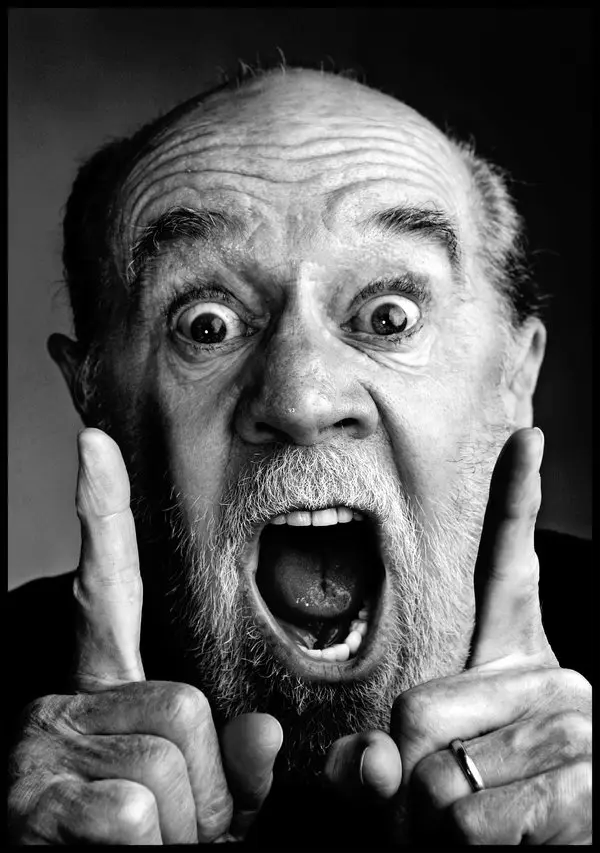Elon Musk vs. Meditations by Marcus Aurelius
Elon Musk
This is the only audiobook I've ever listened to lol. But it is a very interesting story about Elon, arguably the most interesting person alive.
Meditations by Marcus Aurelius
From wikipedia: Meditations is a series of personal writings by Marcus Aurelius, Roman Emperor from AD 161 to 180, recording his private notes to himself and ideas on Stoic philosophy. Meditations are worth reading if only to get a glimpse at the thoughts of a man who lived a life in truly extraordinary circumstances of being a Roman Emperor. It's surprising how relevant the themes of his diaries are two thousand years later.

Reviews
Reviewed on 6/6/2024
I listened to this audiobook once and will probably listen to it again. A great listen that I will recommend to anyone who wants to know how Musks is able to pull off running a bajillion successful companies at once.
Reviews
| Item | Votes | Upvote |
|---|---|---|
| Very interesting story | 1 |
| Item | Votes | Upvote |
|---|---|---|
| very long, huge commitment | 1 |
| Item | Votes | Upvote |
|---|---|---|
| Practical advice on personal conduct | 1 | |
| Historical insight into Roman times | 1 | |
| Written by a Roman Emperor | 1 |
| Item | Votes | Upvote |
|---|---|---|
| No cons yet, would you like to add one? | ||
Frequently Asked Questions
'Elon Musk' is described as a very interesting story that captures the life of a contemporary figure known for his multiple successful ventures, making it engaging for those interested in modern entrepreneurship. In contrast, 'Meditations by Marcus Aurelius' offers practical advice and historical insights from a Roman Emperor, appealing to readers interested in philosophy and history. The choice between the two depends on whether you prefer a modern narrative or philosophical reflections from ancient times.
'Elon Musk' is noted for being a very long audiobook, which may require a significant time commitment. On the other hand, 'Meditations by Marcus Aurelius' is a series of personal writings that can be read at a more flexible pace. If you are looking for a shorter, more digestible read, 'Meditations' may be the better choice, while 'Elon Musk' could be more rewarding for those willing to invest the time for a deeper dive into a modern figure's life.
'Meditations by Marcus Aurelius' is praised for its practical advice on personal conduct and insights into Stoic philosophy, making it a valuable resource for those seeking guidance on personal development. In contrast, while 'Elon Musk' provides interesting anecdotes about the life of a successful entrepreneur, it may not focus as heavily on practical advice. Therefore, if practical guidance is your priority, 'Meditations' may be the better option.
The audiobook 'Elon Musk' is a captivating story about Elon Musk, who is considered one of the most fascinating individuals alive. It delves into his life, exploring how he manages to run multiple successful companies simultaneously.
Pros of the 'Elon Musk' audiobook include its very interesting story. However, one con is that it is very long and requires a significant commitment.
Yes, the 'Elon Musk' audiobook is highly recommended for anyone interested in learning how Elon Musk manages to run multiple successful companies. It is a great listen that many find worth revisiting.
'Meditations' is a series of personal writings by Marcus Aurelius, the Roman Emperor from AD 161 to 180. It consists of his private notes to himself and his ideas on Stoic philosophy. The book offers practical advice on personal conduct and provides historical insight into Roman times.
Pros of 'Meditations by Marcus Aurelius' include practical advice on personal conduct, historical insight into Roman times, and the unique perspective of being written by a Roman Emperor. There are currently no listed cons for the book.
'Meditations' was written by Marcus Aurelius, who was the Roman Emperor from AD 161 to 180.




















